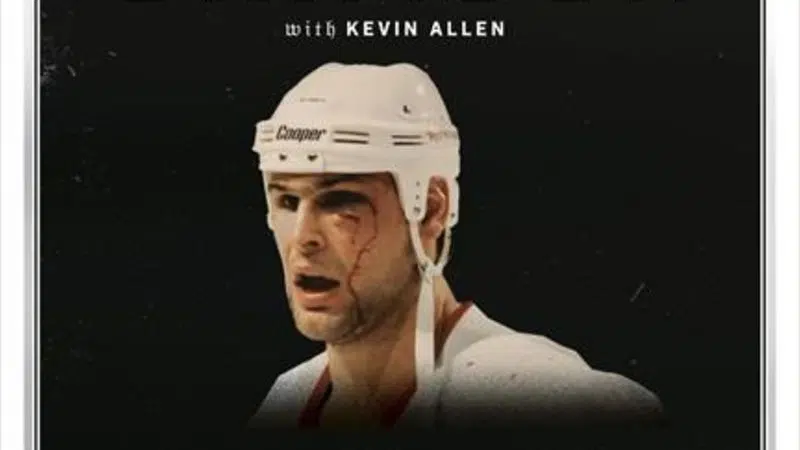
The Grim Reaper: Former tough guy details unconventional path in new book
The worst beating of Stu Grimson’s career turned into a moment of clarity for one of hockey’s premier tough guys.
Playing in just his fourth NHL game, Grimson and the Calgary Flames were hosting the Edmonton Oilers.
He’d won a surprise victory over Edmonton pugilist Dave Brown two nights earlier, and a rematch was a sure thing.
At age 24, Grimson had already fought 74 times in pro hockey, but this one would be different.


